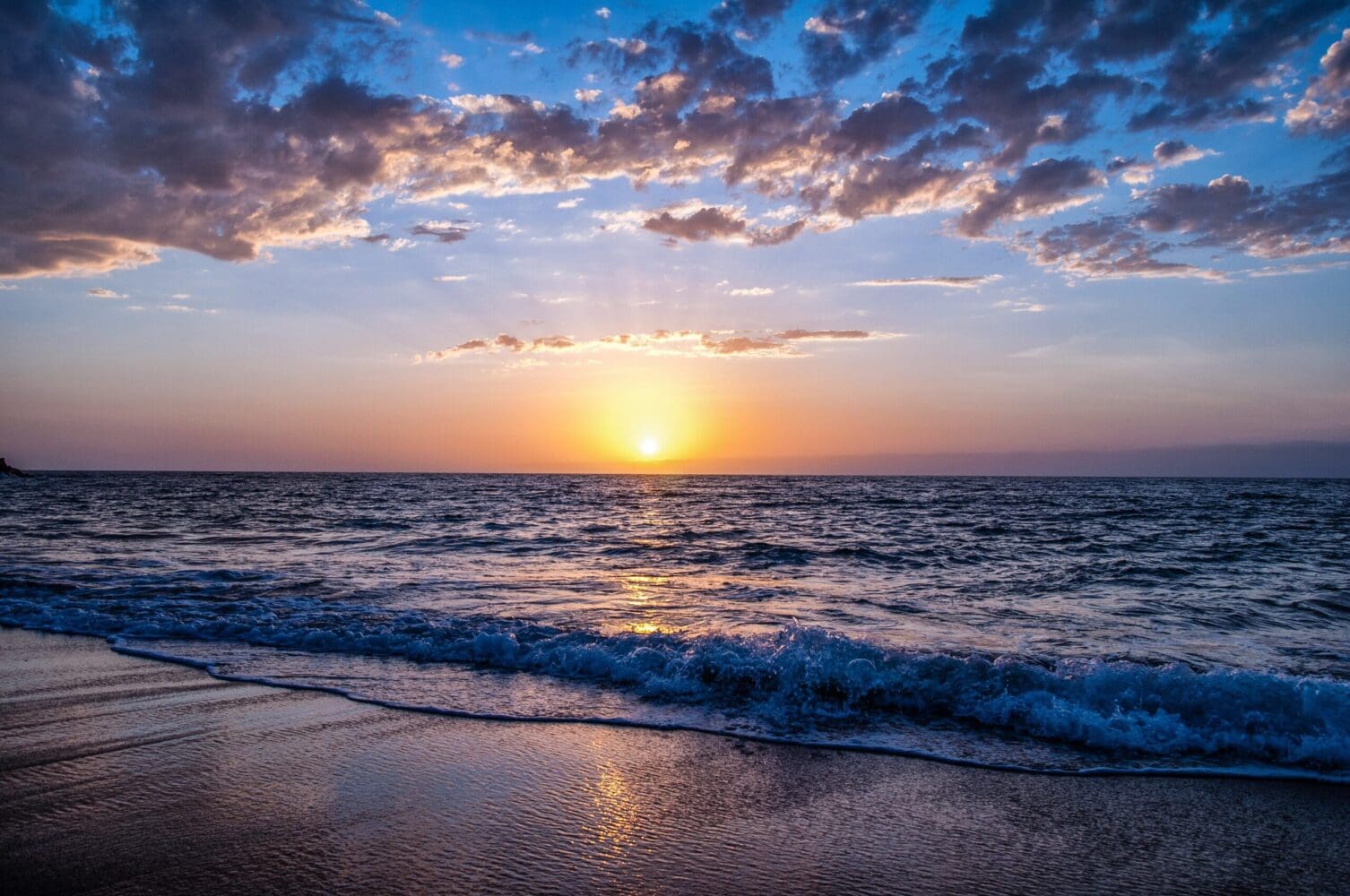Temperatures across British Columbia this week (14th – 21st August 2023), will reach over 30 degrees celsius, so it’s important to keep hydrated and be aware of the dangers and risks of being out in such intense heat.
Below you can read some tips on what to do during a heatwave and how to treat heat-related illnesses among friends and family.
There are also some helpful resources available from the Government of BC website here, including a map of cooling centres across the province.
To Avoid Heat Illnesses During a Heat Wave:
- Drink plenty of cool liquids, especially water, before feeling thirsty to avoid dehydration.
- Slow down: Your body can’t function as well in high temperatures.
- Cool down in an air-conditioned location such as a store or at the Terry Fox library for two or more hours so that your body temperature has a chance to regulate. At home, take a cool shower or bath.
- Avoid sun exposure. Cover your head and face with a wide-brimmed breathable hat or umbrella when outdoors. Seek shade and use sunscreen that is SPF 15 or higher.
- Dress in lightweight, light-coloured and loose-fitting clothing made of breathable fabric.
- Never leave people or pets in your care inside a parked vehicle or in direct sunlight.
- Frequently check on family members, neighbours and friends who are elderly or chronically ill to make sure they are cool and hydrated.
- Plan outdoor activities during cooler parts of the day, or try to find a cooler outdoor location (e.g. under tree cover).
- Visit one of the BC’s spray parks or outdoor pools.
- Prepare meals that don’t need to be cooked in the oven.
- Block out sun by opening awnings, and closing curtains or blinds during the day.
Heat Illnesses
Heat stroke is a medical emergency. Call 9-1-1 if you are caring for someone who has a high body temperature and is either unconscious, confused or has stopped sweating. While waiting for help, cool the person right away by:
- moving them to a cool place if you can,
- applying cold water to large areas of their skin or clothing, and
- fanning the person as much as possible.
Other heat illnesses include heat exhaustion, heat fainting, heat edema (swelling of hands, feet and ankles), heat rash and muscle cramps.Watch for symptoms of heat illness, which include dizziness or fainting, nausea or vomiting, headache, rapid breathing and heartbeat, extreme thirst, and decreased urination with unusually dark yellow urine. If you experience any of these symptoms during a heat wave, immediately move to a cool place and drink liquids. Water is best. For health-related inquiries call 811 or visit healthlinkbc.ca.




